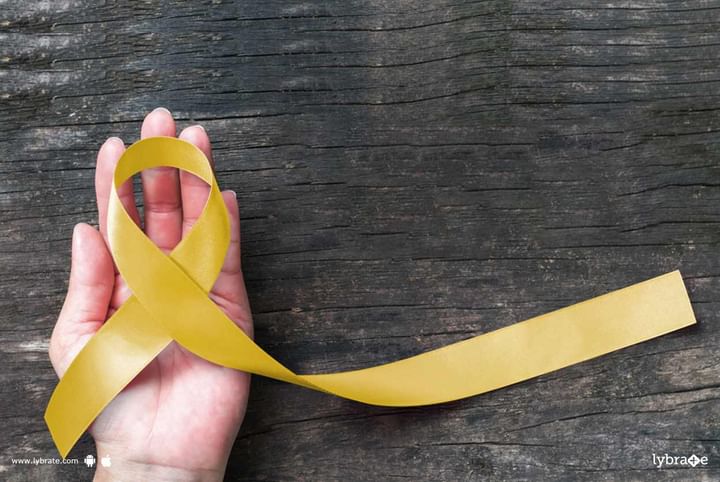All About Bone Cancer
Cancer that originates in the bones of a human body is referred to as bone cancer. Any bone could come under the threat of this disease but generally the longer bones of your body, so to say the bones of your limbs, are at a greater risk.
A few factors that might push you an inch closer to bone cancer are:
1. Genes could jinx your health. A few typical genetic syndromes could increase a person's chances of contracting bone cancer. These syndromes could have been active in any person belonging to your lineage. One such syndrome is Li- Fraumeni.
2. Treatment for one kind of cancer can make you prone to some other kind- Radiation affects your bones adversely. A patient of breast cancer might be undergoing radiation therapy that further increases his or her risk of contracting bone cancer in future.
3. Paget's disease can have unfavorable implications- Paget's disease is a disease that affects elderly people. This condition, if left untreated, can turn into bone cancer at a later stage.
Several symptoms of bone cancer can be found below:-
a) Sudden loss of weight - If you lose a considerable amount of weight in a few weeks time without having made any effort at all, you should probably be worried about the health of your bones. Bone cancer can result in sudden and unintentional weight loss.
b) Unexpected bone fracture or breakage - Cancer of the bones is known to gnaw at the strength of your bones. Weakened and diseased bones can break or get fractured very easily. An unexpected fracture should not be overlooked so as to prevent chances of anything more harmful.
c) Long spans of unyielding exhaustion - Constant fatigue and sleepiness might be hinting at a more serious underlying problem. The bones in your body hold you together; cancerous bone cells can make you feel exhausted without much exertion as your bones lose their inherent potency.
d) Persistent pain in the bones - Excruciating cramps or pangs of stinging pain in a person's bones either continuously, or at odd hours, could be indicative of bone cancer. Such instances require the advice and guidance of an experienced oncologist.
e) Bone swelling - The area affected by bone cancer can grow big and tender or the bone itself can swell up



+1.svg)
